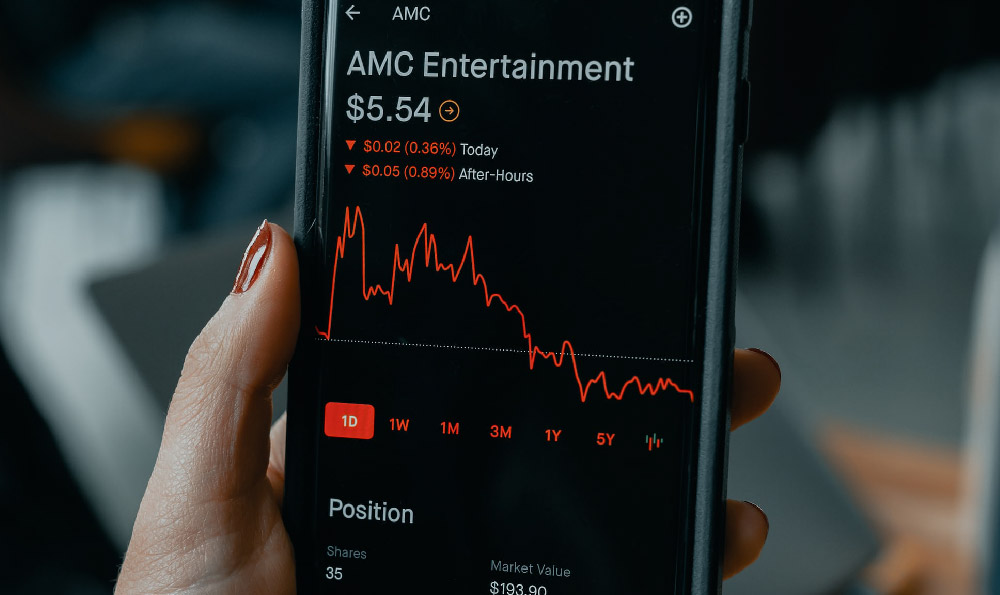Are You An Artist Wondering How To Monetize Your Talent? What Are The Best Ways To Profit From Your Art?

Unlocking the potential of your artistic talent and transforming it into a sustainable income stream requires a multifaceted approach, blending creativity with strategic business acumen. It's no longer sufficient to simply create; artists must now navigate the evolving landscape of the digital age to effectively monetize their skills. This journey requires understanding various avenues, assessing their suitability for your specific art form and personal goals, and cultivating a robust business strategy.
One primary path involves selling original artwork. This traditional approach, while seemingly straightforward, demands careful consideration of pricing, market trends, and the establishment of a credible brand. Pricing too low might undervalue your work and create the impression of lower quality, while exorbitant prices can alienate potential buyers. Researching comparable artists and considering factors such as material costs, time invested, and perceived market value are crucial. Presenting your work professionally, whether through online galleries, art fairs, or direct sales, is equally important. High-quality photography, detailed descriptions, and transparent communication contribute significantly to building trust and confidence among potential collectors.
The digital realm offers numerous opportunities for artists to expand their reach and diversify their income streams. Creating and selling digital art, such as prints, illustrations, or designs, opens up a global marketplace accessible through platforms like Etsy, Redbubble, and Society6. These platforms handle the printing, shipping, and customer service aspects, allowing artists to focus on creation. However, competition is fierce, and effective marketing is essential. Utilizing social media, search engine optimization (SEO), and targeted advertising can significantly increase visibility and drive sales. Exploring the potential of NFTs (Non-Fungible Tokens) represents another avenue for digital art monetization. NFTs provide a unique, verifiable ownership record for digital assets, creating scarcity and potentially increasing value. While the NFT market is volatile and subject to hype cycles, it can offer lucrative opportunities for artists to connect directly with collectors and build a community around their work.

Commissioned work represents a consistent revenue stream, particularly for artists with specialized skills. Actively seeking commissions requires building a strong portfolio, networking with potential clients, and developing clear communication protocols. Understanding client expectations, establishing realistic timelines, and managing revisions effectively are crucial for maintaining positive relationships and securing future work. Developing a comprehensive contract that outlines the scope of the project, payment terms, and intellectual property rights protects both the artist and the client.
Beyond selling physical or digital art, artists can leverage their skills through educational offerings. Teaching workshops, online courses, or private lessons provides a stable income stream and allows artists to share their knowledge and passion with others. Platforms like Skillshare, Udemy, and Teachable provide tools for creating and hosting online courses, reaching a global audience of aspiring artists. Tailoring courses to specific skill levels and interests, providing engaging content, and offering personalized feedback can enhance the learning experience and build a loyal following.
Licensing your artwork for use on products like clothing, stationery, or home decor represents another potent income stream. Approaching licensing agencies or directly contacting companies that align with your artistic style can lead to mutually beneficial partnerships. Licensing agreements typically involve royalties based on sales, providing a passive income stream that can grow over time. Protecting your intellectual property through copyright registration is crucial before entering into licensing agreements.
Building a strong online presence is paramount in today's digital age. Creating a professional website that showcases your portfolio, blog, and contact information serves as a central hub for potential clients and collectors. Engaging actively on social media platforms like Instagram, Facebook, and Twitter allows you to connect with your audience, share your creative process, and promote your work. Regularly posting high-quality content, responding to comments and messages, and participating in relevant online communities can build a strong brand identity and drive traffic to your website.
Effective financial management is crucial for artists to sustain their careers. Tracking income and expenses meticulously, creating a budget, and setting aside funds for taxes and business expenses are essential. Seeking advice from a financial advisor can help artists develop a long-term financial plan that aligns with their goals. Diversifying income streams and avoiding over-reliance on any single source of revenue can mitigate risk and ensure financial stability.
Furthermore, continuous learning and professional development are vital for artists to stay ahead of the curve. Attending workshops, conferences, and online courses can help artists hone their skills, learn new techniques, and stay abreast of industry trends. Networking with other artists, attending art exhibitions, and engaging in the art community can provide valuable insights and opportunities for collaboration.
Finally, remember that building a successful art career takes time, effort, and perseverance. Rejection is inevitable, and setbacks are part of the journey. Maintaining a positive attitude, embracing experimentation, and continually refining your skills are crucial for long-term success. Cultivating a supportive network of fellow artists, mentors, and collectors can provide encouragement and guidance along the way. By combining artistic talent with sound business principles and a relentless pursuit of excellence, artists can unlock their full potential and build fulfilling and financially sustainable careers.















